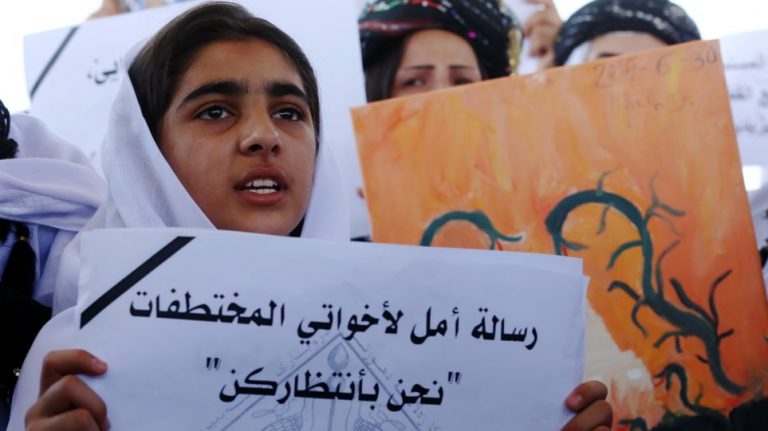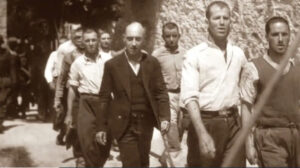Inside the sixth century church in southeastern Turkey, dozens of Assyrian Christian women, men and children in their Sunday best attend a service, one of only a few held in their ancient homeland.
They are among the nearly 4,000 Assyrians left in the region after violence and poverty forced the community to leave Turkey in the 20th century.
They are now scattered across Europe, with over 100,000 living in Germany, nearly 100,000 in Sweden and tens of thousands in Belgium, France and the Netherlands.
Assyrian Christians, also known as Syriacs, are part of the eastern Christian tradition and pray in Aramaic, which Jesus is believed to have spoken.
Yuhanun Akay, 40, lives in the historic region of Tur Abdin (meaning “Mountain of the servants of God” in Syriac), in the centuries-old village of Gulgoze in Mardin.
Russian aircraft with another batch of S-400 missile components arrives in Turkey
The village, known as Ain Wardo, meaning “eye of the rose” in Syriac, was once home to hundreds of Assyrian families, where they farmed, prayed and educated their children.
Now only three families remain including Akay, a farmer and father-of-eight.
“In the past there were 200 Syriac Christian families, and seven priests in the village. We had three churches, so each neighbourhood had a church,” he told AFP.
Read more: AFP
Ask me anything
Explore related questions





